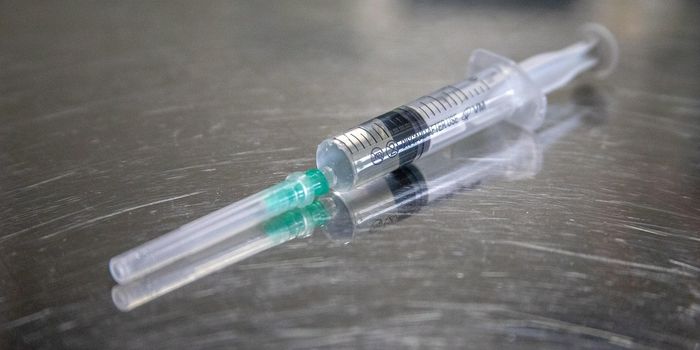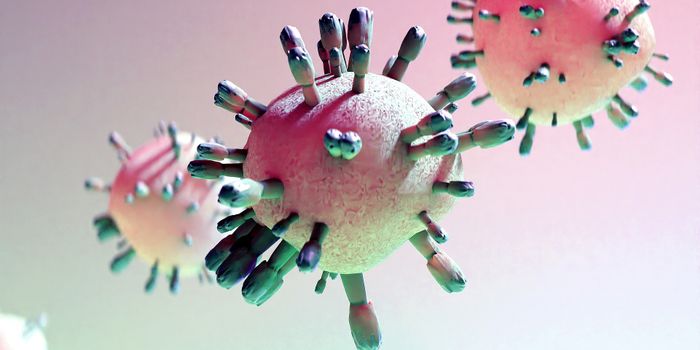What is Pre-Cancer?
“Cancer” is not a word we want to hear. Conversations with your doctor about cancer can induce fear, anxiety, and a plethora of other emotions. But what if your doctor uses the phrase “pre-cancer”? This terminology will probably still make a lot of people anxious and, in some situations, could result in some unnecessary treatment.
Several types of malignancies are associated with conditions that, while benign, could infer a more significant risk or likelihood of developing cancer in the future. Terminology including “pre-cancerous” lesions, “stage 0” disease, or carcinoma “in situ” can all describe an abnormal, yet not malignant, finding. In addition to fear, these diagnoses can undoubtedly lead to patient confusion.
A pre-cancer diagnosis indicates abnormal cells present in a single location in the body. If a lesion is pre-cancerous, it has not spread to any other tissue, distant or nearby. This explains why the pre-cancerous conditions associated with several cancer types have names that involve the phrase “in situ,” which means “in its original place.”
Some pre-cancer conditions, called adenocarcinoma in situ (AIS), develop in glandular tissues that line internal organs like the cervix, lungs, and gastrointestinal tract. Abnormal, yet non-cancerous, tissue forming in the lining of the breast duct is known as ductal carcinoma in situ (DCIS). Squamous cell carcinoma in situ can develop in various tissues, including the skin, bladder, lungs, and mouth.
Let’s start with the positive news! We know that most types of cancer remain most susceptible to treatment when diagnosed early. Pre-cancer represents an abnormality diagnosed so early that it has not even developed into cancer. This concept helps explain why doctors may refer to pre-cancerous lesions as stage 0 disease. Pre-cancerous tissue has not obtained the characteristics to deem it a stage 1 disease, the lowest staging of many types of cancer.
And the other news… While pre-cancer is indeed not cancer, it doesn’t mean we should ignore a stage 0 cancer diagnosis. Pre-cancerous cells can become cancerous and invade into other tissue. Once abnormal cells evade the tissue of their origin, they will develop into an invasive cancer that may require treatment.
So, what do you do with a pre-cancer diagnosis? Every medical situation is unique, and the most important step in navigating a pre-cancer diagnosis is having a good dialogue with your doctor. Don’t be afraid to ask questions! Some situations may warrant preventative measures or treatments to reduce the odds of transitioning from stage 0 to stage 1 disease.
Sources: BMJ, J Natl Cancer Inst









